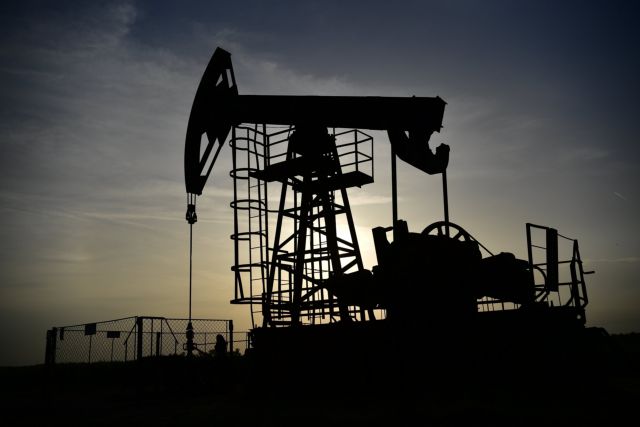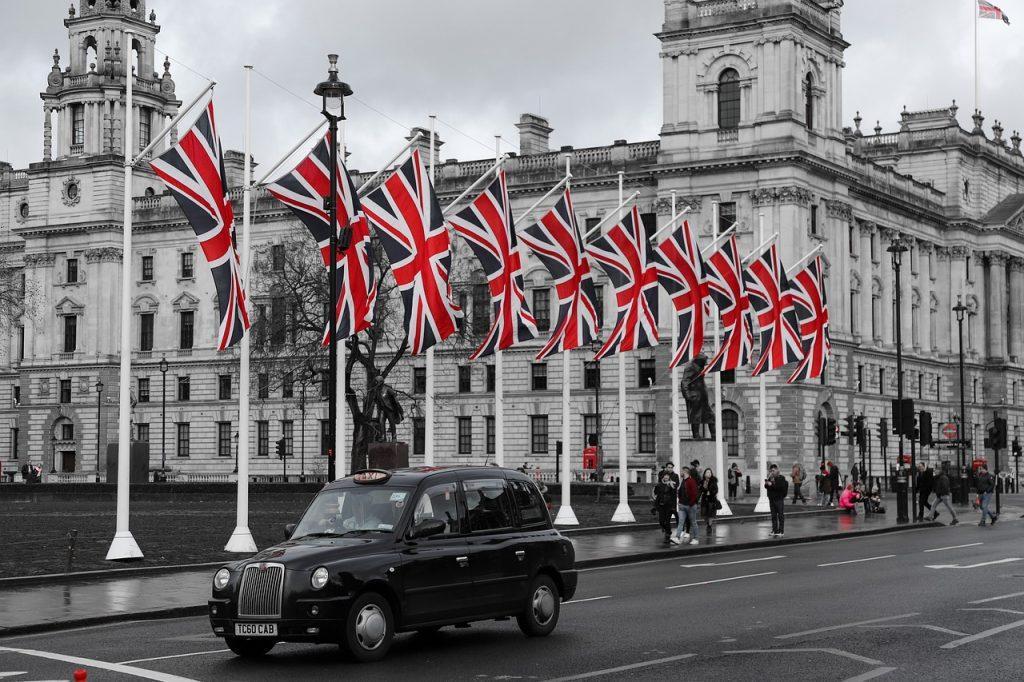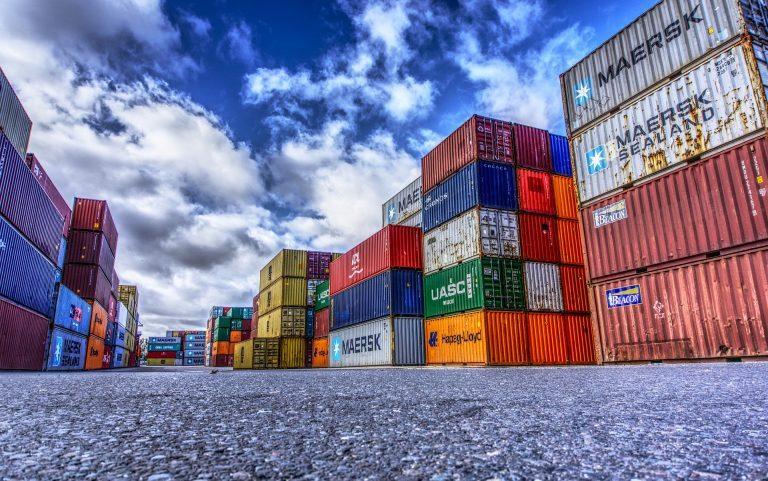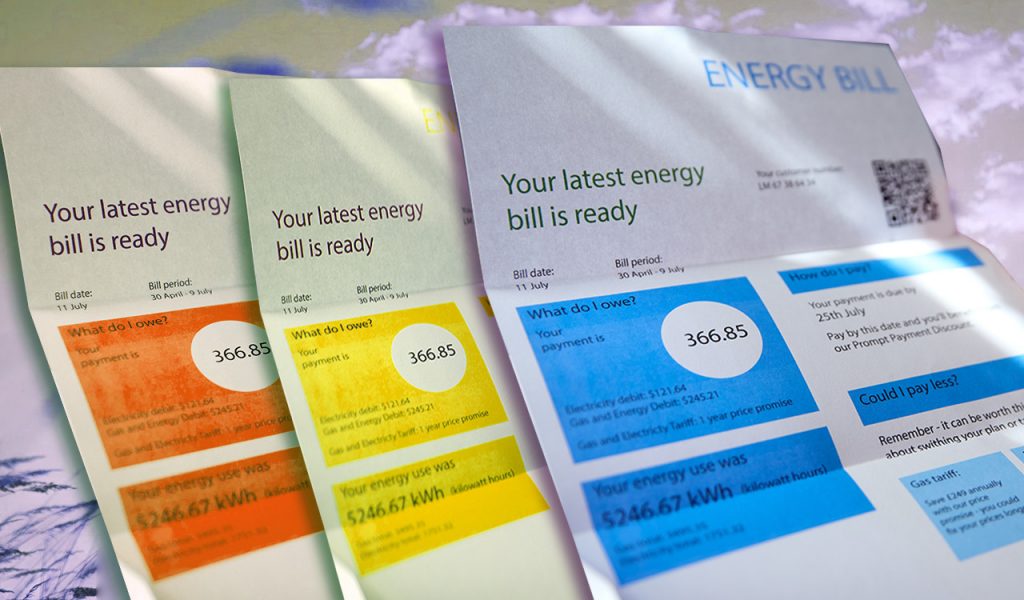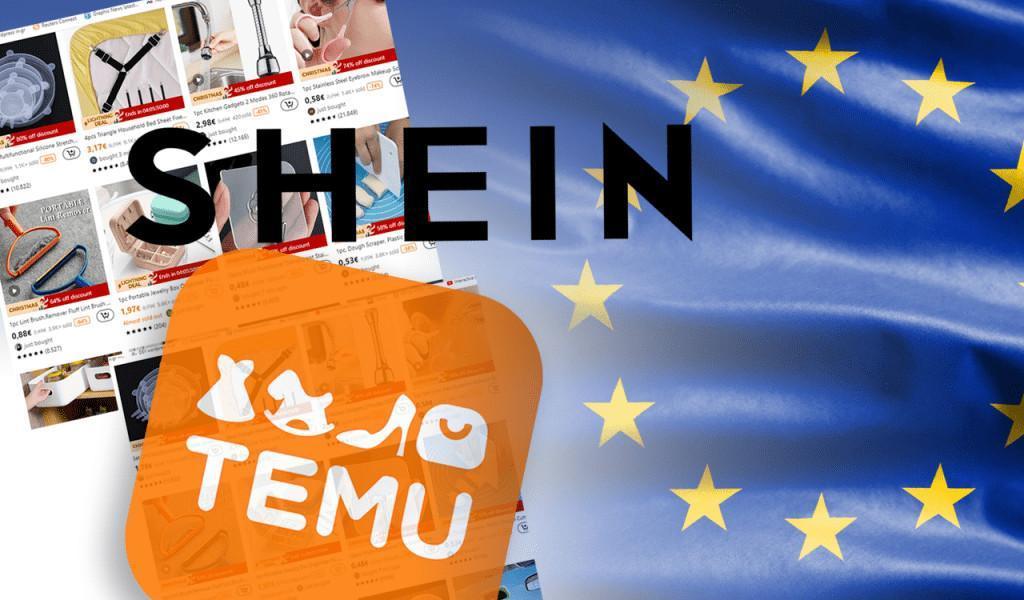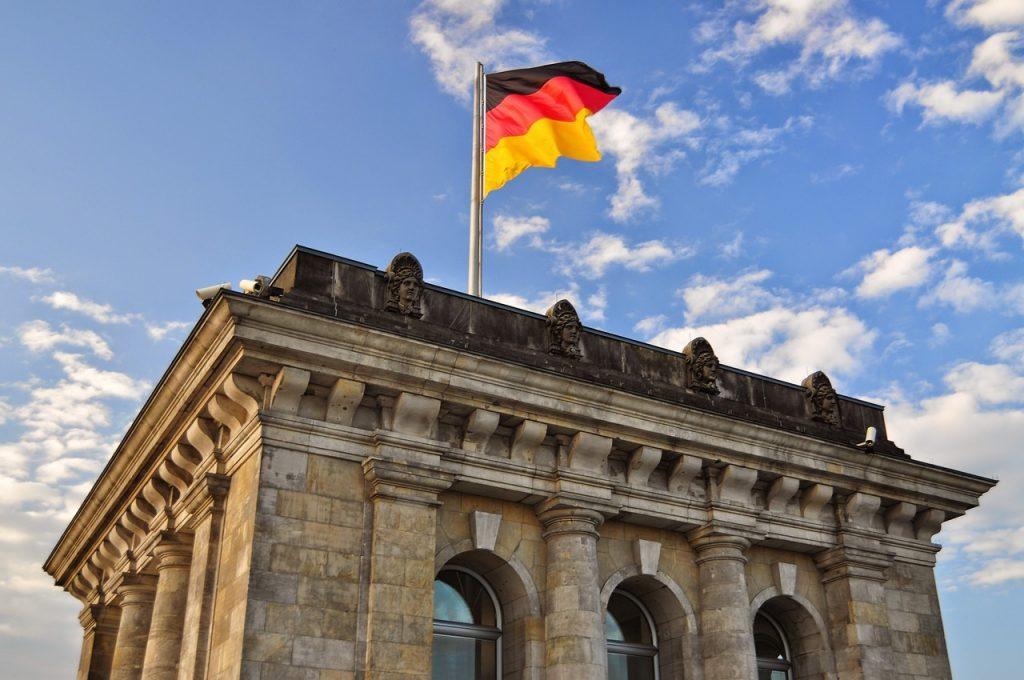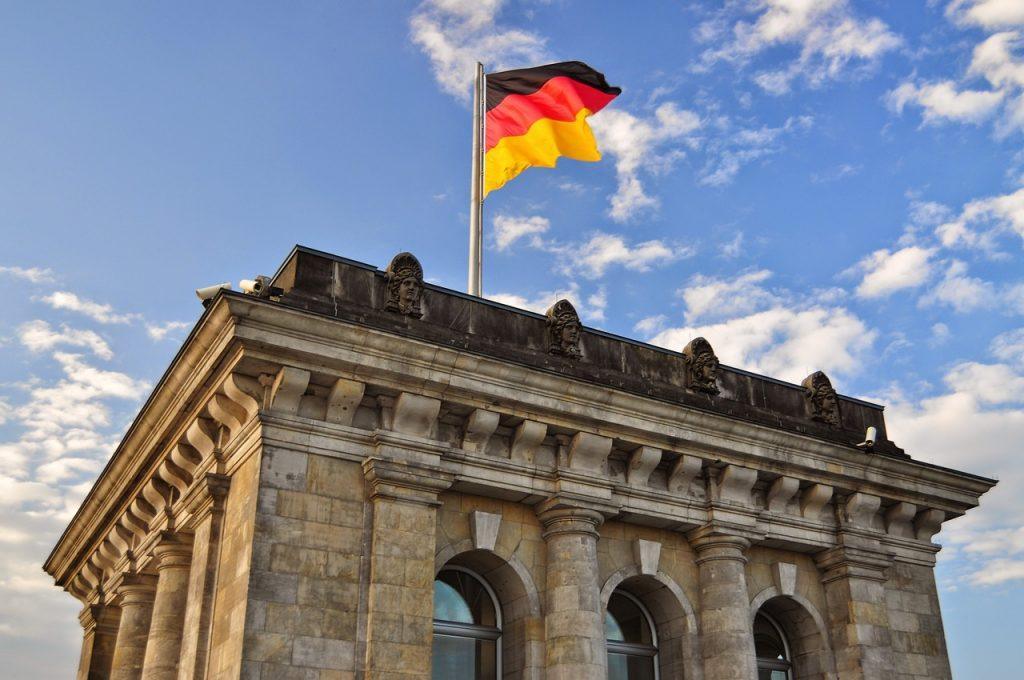Imagine a world where fossil fuel companies are not the sponsors of most conferences, social functions, sporting events and so on. Imagine a world where the flames of oil and gas companies’ logos do not appear on soccer jerseys. Imagine corporate conferences without sponsorships and logos of oil and gas companies. You will rightly wonder “Are all these things happening?”, “Is it possible?”.
A few decades ago we said the same thing about cigarettes. Back then, we could not have imagined printed media without cigarette advertising, television without cigarette advertising, movies without smoking protagonists, events that would not be sponsored by the tobacco industry! And yet, today this is a reality, the new normality.
The same thing has happened with alcohol in the past. No one could have imagined that at some point the ads for the products containing alcohol would be cut. Here again, after much effort and despite the huge resistance, we recognized that these products are addictive, that their use creates problems for health and the environment and that we must take measures to reduce it. That’s exactly what is happening today with fossil fuels.
We now know, beyond any doubt, that the use of fossil fuels is responsible for anthropogenic climate change, for what we call the accelerating greenhouse effect, which, with prolonged inactivity and refusal to take the necessary measures, has led to a momentous crisis. So if there is a logical question, this is how it is possible for the products and companies responsible for the greatest threat to our lives to circulate freely, to advertise and to be the sponsors of hundreds of events, not excluding events for environmental Protection;
What happened in Glasgow?
How come after 26 consecutive meetings of Heads of State and / or Ministers, such as the recent one in Glasgow, they find it difficult to articulate the right word, to say that we need to get rid of fossil fuels, to stop using lignite, oil and gas? How is it done and we still live in wishes and commitments of the type “it would be nice”, “we will make every effort”, “the goal is”…
The answer is extremely simple: there is too much money involved! Energy groups around the world (we used to call them oil companies) have enormous power, they influence decision-making, they can and do delay the necessary measures (after all, they have been doing it successfully for decades by funding groups of climate change challengers). Even today, they try to tailor political decisions to their own measures. But what is at stake are neither the returns of their own investments nor the profits of their shareholders! At stake are the lives of today’s children, today’s generation growing up knowing that we did not do what we knew we should have done!
Perhaps the biggest oxymoron was the fact that companies such as Shell and Exxon sought to be the main sponsors of the Glasgow climate summit. If nothing else it shows both audacity and irony. Imagine a global Peace Summit sponsored by the arms industry. Fortunately, they did not succeed.
Forming a new normality
So now we have to shape the new regularity. A regularity dominated by the dependence on fossil fuels, the promotion of energy savings in every sector, the production of clean energy, the transfer of know-how and financial support from countries in need to those in need. A regularity where old wounds (such as cigarettes and alcohol used to be) will have no place in the public sphere and will be economic activities in a phase of shrinkage and with an expiration date.
Self-evident? Maybe not. After all, no radical change seems obvious at first.
Is it essential? Absolutely.
So if we want a goal, a new year resolution for 2022, let it be this: To conquer the obvious. Stop beautifying, accepting and giving space to companies and products that are destroying the earth’s climate. Let’s start, even at the last minute, to remove from our lives that which threatens it. Join the movement!
Nikos Charalambidis is the General Manager of the Greek office of Greenpeace
